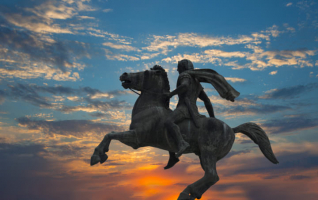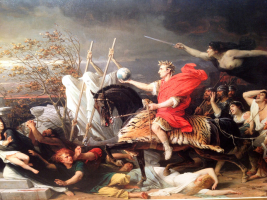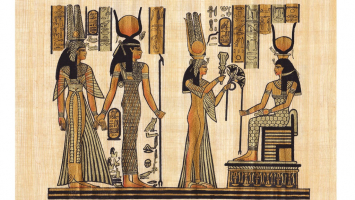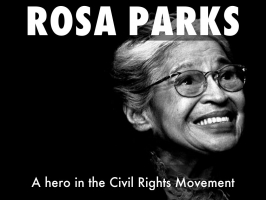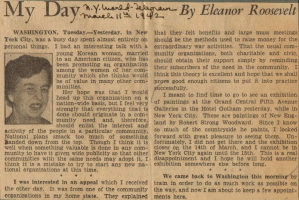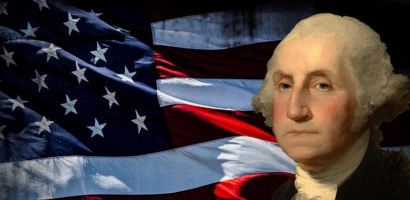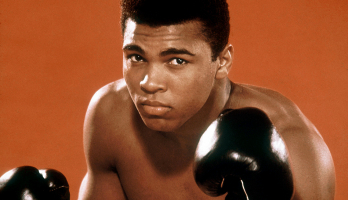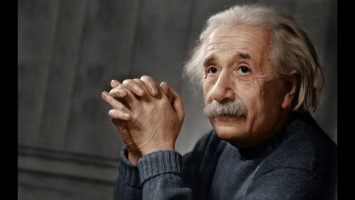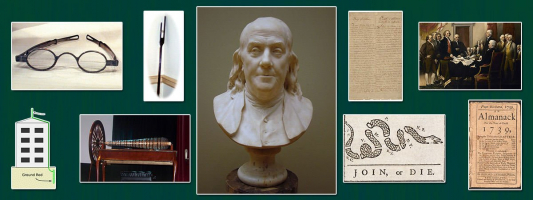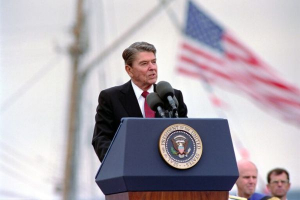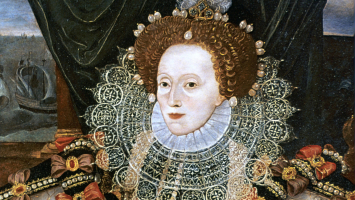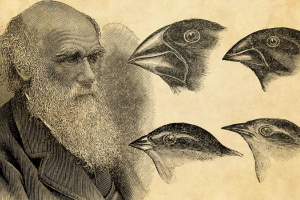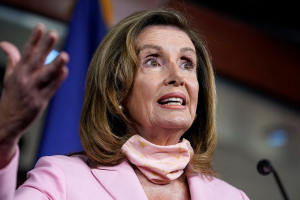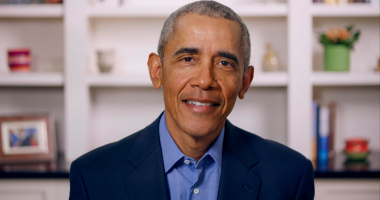Top 8 Major Accomplishments of Abraham Lincoln
President Abraham Lincoln is a popular figure with both critics and the general public. Since 1940, he has constantly placed among the top three scholars in ... read more...surveys, most often at number one. In the majority of presidential rating polls conducted since 1948, Lincoln has been ranked at the very top. Let’s examine the significant major accomplishments of Abraham Lincoln to see why he is so popular.
-
Taking place 1st in the major accomplishments of Abraham Lincoln is the only president of the United States to hold a patent they had a lifelong fascination with mechanics, a trait he acquired from his father, who was also a mechanic.
President Abraham Lincoln began working on his invention while in Congress in 1848, and he even gave talks on innovations and discoveries before becoming President. He devised a system for elevating boats over shoals, and his innovation was granted Patent No. 6469 in 1849. He is the first US President who possesses a patent for his own idea! The gadget, however, was never deployed, and the patent model is now housed at the Smithsonian Institution.
The boat in which Lincoln was traveling became trapped on impediments on two occasions. This spurred Lincoln to consider how to elevate ships over river shoals and impediments. He devised a device that could be inflated as needed to assist a stranded ship in overcoming obstructions. When activated, Lincoln's invention would fill the air chambers at the bottom of the ship, elevating it above the water's surface. On May 22, 1849, Abraham Lincoln was granted Patent 6469.

Source: rallypoint.com 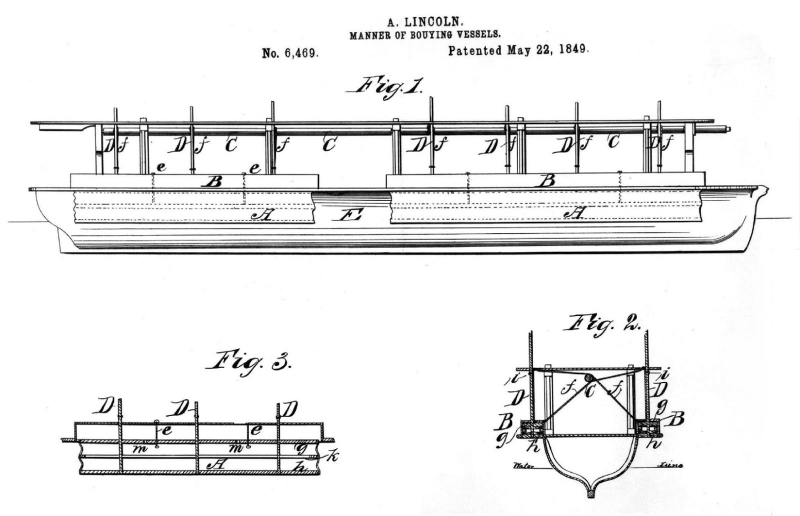
Source: blogspot.com -
The second amazing major accomplishment of Abraham Lincoln was elected the 16th president of the United States on November 6, 1860. He earned about 500,000 more votes than his nearest challenger, Democrat Stephen A. Douglas, despite winning only two of 996 counties in all of the Southern states. Lincoln was President from March 1861 until April 1865, when he was assassinated. Abraham Lincoln won the 1860 elections and became the 16th president of the United States thanks to the North and West's backing.
He became the first Republican president after narrowly defeating his Democratic opponents. He received 1,866,452 votes, or 40% of the overall vote, putting him roughly 500.000 votes ahead of his opponents. He was victorious in the Northern states, including California, Oregon. Abraham Lincoln served as President of the United Stated from 1861 until his assassination in 1865.
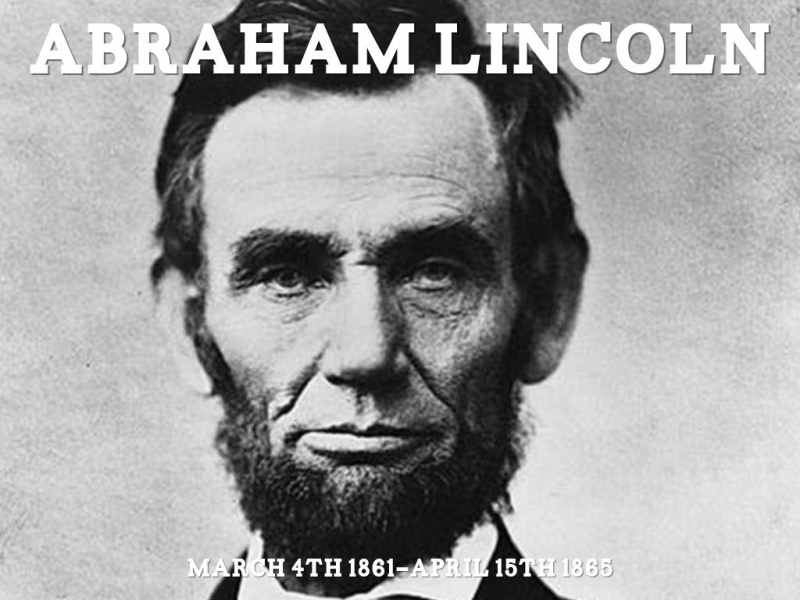
Source: topinspired.com 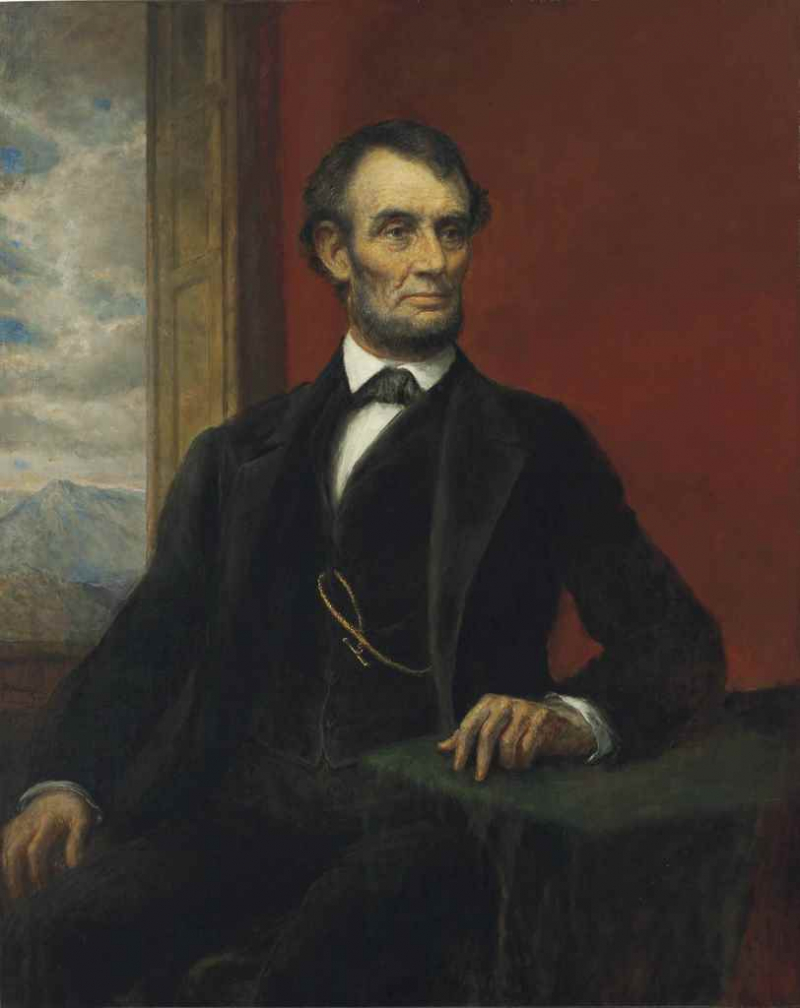
Source: christies.com -
In the top 3 of significant major accomplishments of Abraham Lincoln is he signed the first of homestead acts, allowing poor people to obtain land. During Lincoln's presidency, the Homestead Act of 1862 was approved. It provided the applicant with land at a low or free cost. Anyone who was 21 years old or older, or the head of a family, who had never taken up weapons against the United States government (including freed slaves and women) might apply for a federal land grant. The occupier has to live on the property for five years and show proof of renovations.
In 1862, President Abraham Lincoln signed this act, and the government began to distribute small plots of land to farmers. They have to be at least 21 years old and the family's head. The homesteaders were also obligated to build a house on that property and try their luck with farming. If the homesteader proved his farming successful, after five years, he would receive a deed making him the owner of the land after paying a fee, and if not successful, he had to return the land to the government. Many people saw the Homestead Act as a chance for a better life!
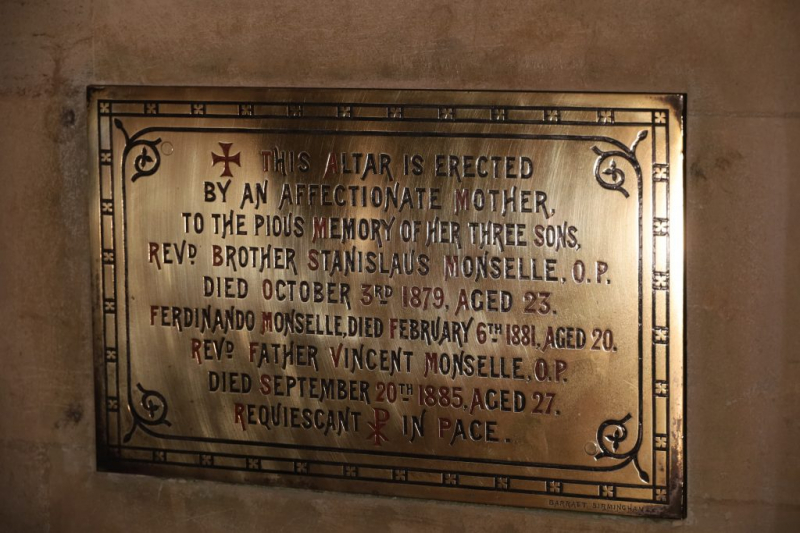
Source: rosaryshrine.co.uk 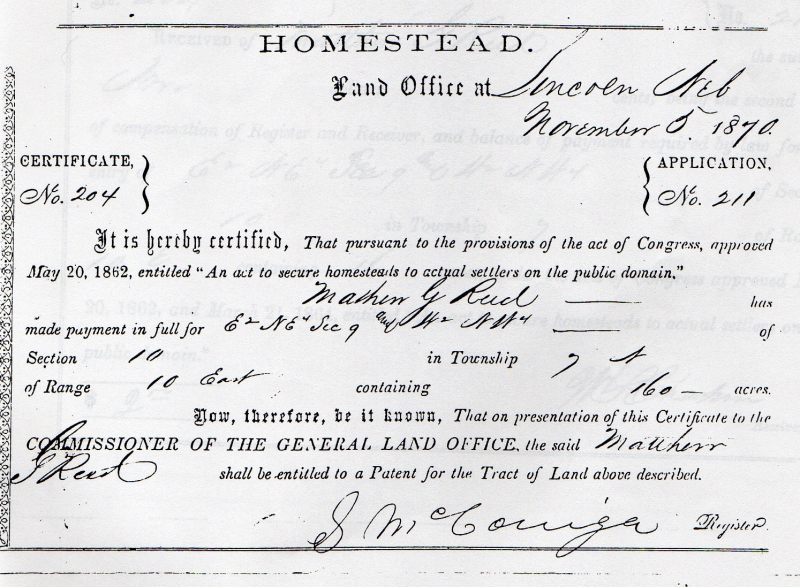
Source: doanefamilyassociation.org -
Abraham Lincoln founded the autonomous Department of Agriculture on May 15, 1862. Lincoln dubbed it the "people's department" since it would be led by a Commissioner without Cabinet standing. The USDA is still in charge of creating and enforcing federal policies on farming, agriculture, forestry, and food. President Abraham Lincoln signed the measure creating the Department of Agriculture on May 15, 1862. He altered and increased agriculture in the United States with this foundation. Lincoln grew up on a poor farm in Kentucky, which provided him with the necessary experience to see the country's need for a stronger agricultural system. He dubbed it "The People's Department" and named Isaac Newton the first Commissioner of Agriculture. Lincoln decided to turn to Newton because his farms were successful and seen as a model.
The achievement of a high standard of consumption of food and fiber for all Americans will require effective programs to raise nutritional standards where they are now less than desirable through expanded school lunch programs, increased provision of food for the ill and handicapped, and a suitable method of increasing food consumption among low-income people. Likewise, the assurance of a fair return to farmers must include a recognition of the importance of the family farm as an efficient unit of agricultural production, as an indispensable social unit of American rural life, and as the economic base for towns and cities in rural areas.
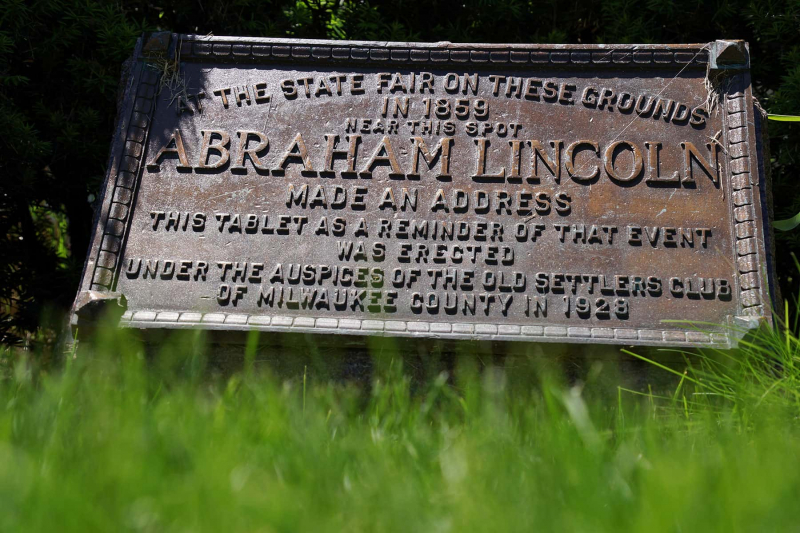
Source: milwaukeeindependent.com 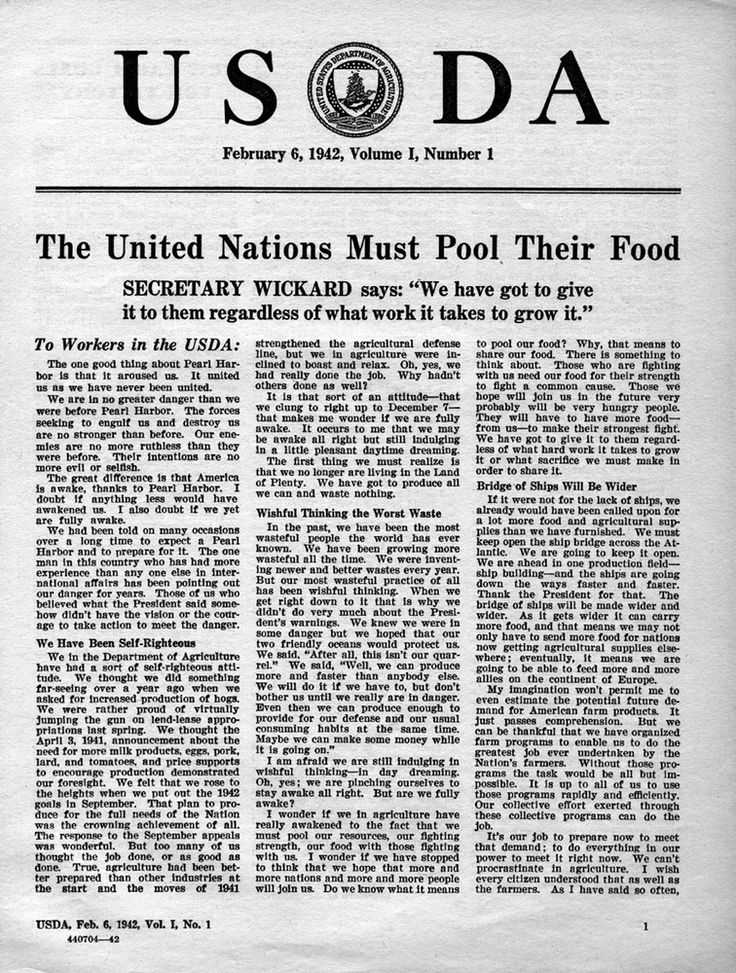
Source: Pinterest -
The Morrill Land-Grant Act was signed into law by Abraham Lincoln on July 2, 1862. The Act authorized the establishment of land-grant universities on the condition that they teach military tactics as well as engineering and agriculture. The Act resulted in the establishment of numerous universities and colleges, many of which have gone on to become among the best in the United States. One of Abraham Lincoln's biggest achievements was signing the Morrill Act, often known as the Land Grant College Act, in 1862, which gave a huge boost to higher education in the United States.
The states were given public lands on which to build universities that specialized in agriculture, military tactics, and mechanics as a result of this Act. The act got the name of Vermont Congressmen Justin Morrill, who introduced the Land Grant bill to the House of Representatives in 1857. Even though some historians believe that Lincoln had little influence in Congress regarding this act, he still believed in and improved education among the Americans.
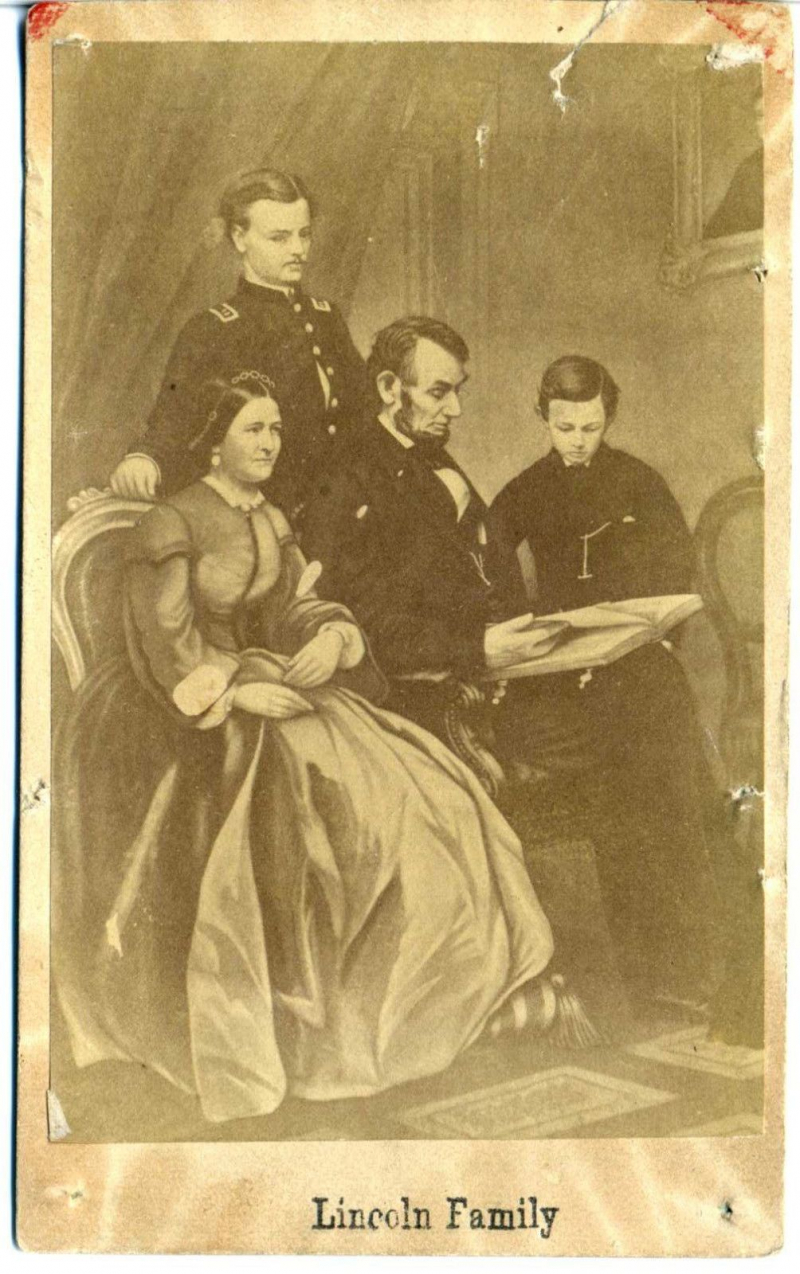
Source: pinterest.ca 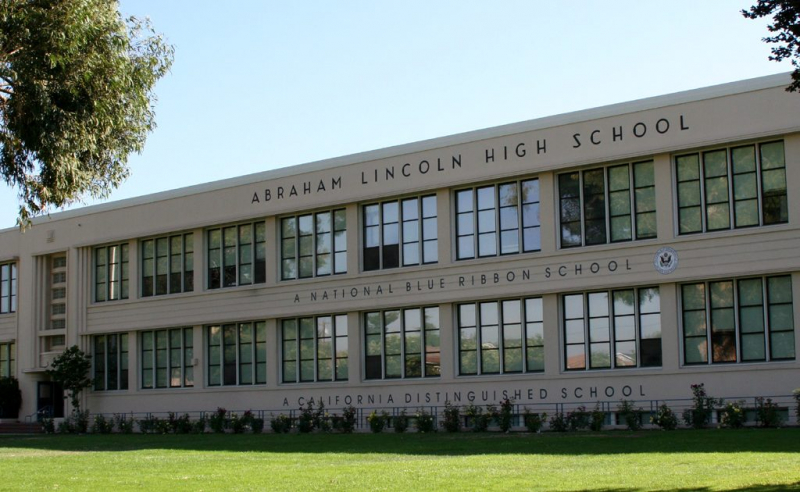
Source: Reason Foundation -
Lincoln signed the Revenue Act of 1862 on July 1, 1862, behind the progressive nature of income tax in the US. It established the Commissioner of Internal Revenue's Office, which later became the IRS. It also instituted a system in which taxpayers were divided into numerous income groups and taxed accordingly. The progressive aspect of income tax is still present today. Wealth taxes were the primary means of preventing the return of aristocracy in President Abraham Lincoln's age. In other words, wealth taxes were not an afterthought; they were a direct result of the American Revolution.
The issue of taxation was at the heart of the popular uprising that sparked the American Revolution. During the Stamp Act crisis, for example, artisan and working-class rebels focused on wealth trappings, such as chariots and fancy houses. These working people resented the British-imposed aristocracy that used regressive taxation to lord their wealth and status over the working people of America.
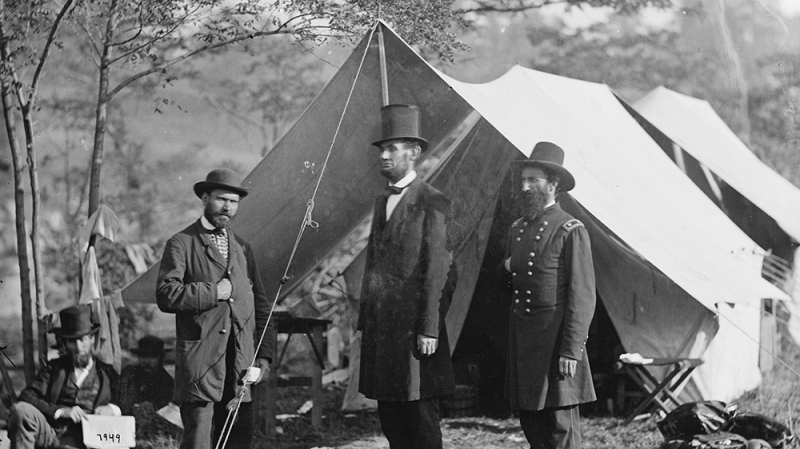
Source: blogspot.com 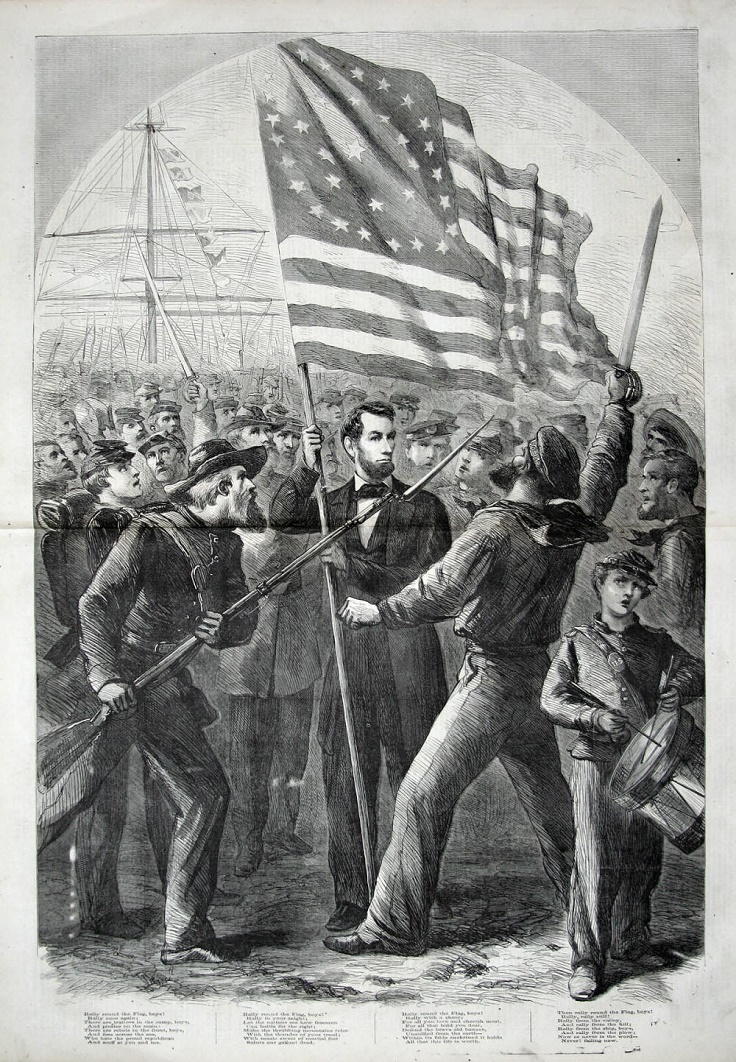
Source: topinspired.com -
On January 1, 1863, Abraham Lincoln issued the Emancipation Proclamation, which began the process of emancipating America's slaves. During the American Civil War, the proclamation permitted black soldiers to fight for the Union against the Confederacy. It also paved the way for the Thirteenth Amendment, which outlawed slavery and indentured servitude in the United States. Because he was assassinated in April, Lincoln was unable to witness the ratification of the Amendment in December 1865. In 1862, President Abraham Lincoln issued the Emancipation Proclamation, which freed more than three million Confederate slaves.
The slaves in the Border States, however, were unaffected by the Proclamation. In addition, the proclamation called for black military units to fight alongside Union forces, which resulted in more than 100.000 African Americans fighting in the Civil War. However, the Emancipation Proclamation wasn’t a law passed by Congress, so Lincoln insisted on an antislavery amendment to the U.S. Constitution, which will make his proclamation come true. Unfortunately, even though Congress passed it in 1865, slaves in the States stayed in a bad position for many years after that.
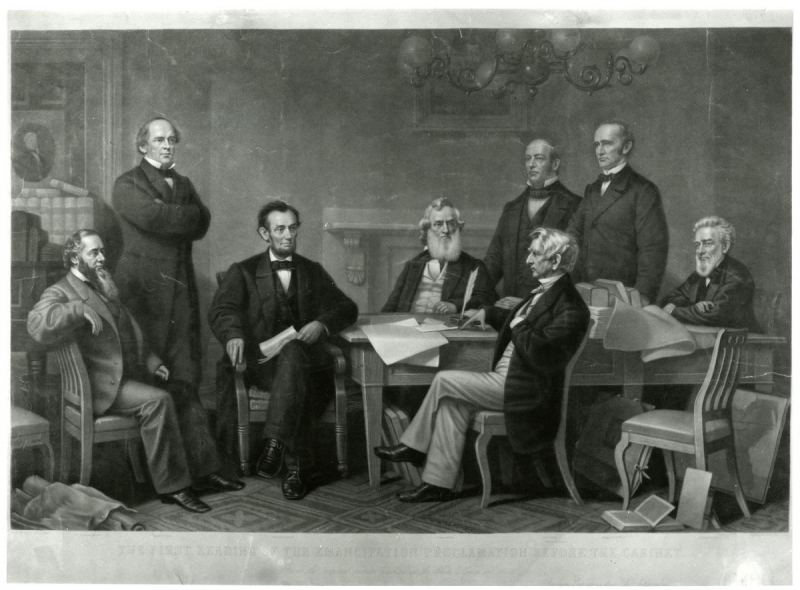
Source: quizly.co 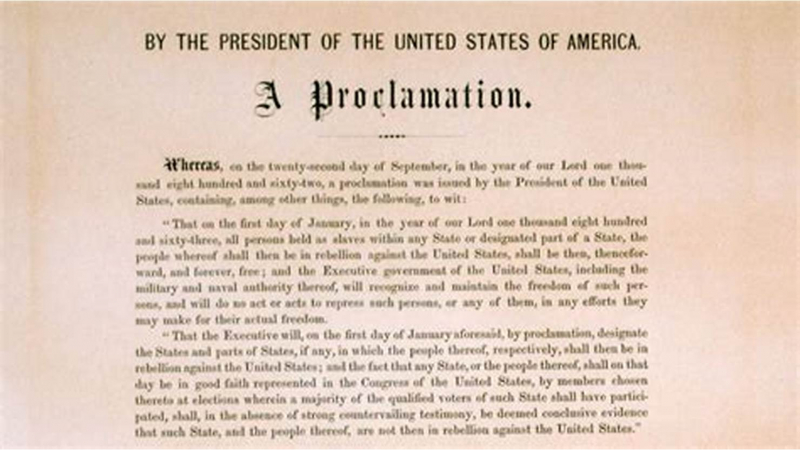
Source: The Daily Beast -
On June 4, 1963, a little known attempt was made to strip the Federal Reserve Bank of its power to loan money to the government at interest. On that day President John F. Kennedy signed Executive Order No. 11110 that returned to the U.S. government the power to issue currency, without going through the Federal Reserve. Mr. Kennedy’s order gave the Treasury the power “to issue silver certificates against any silver bullion, silver, or standard silver dollars in the Treasury.” This meant that for every ounce of silver in the U.S. Treasury’s vault, the government could introduce new money into circulation. In all, Kennedy brought nearly $4.3 billion in U.S. notes into circulation. The ramifications of this bill are enormous.
With the stroke of a pen, Mr. Kennedy was on his way to putting the Federal Reserve Bank of New York out of business. If enough of these silver certificates were to come into circulation they would have eliminated the demand for Federal Reserve notes. This is because the silver certificates are backed by silver and the Federal Reserve notes are not backed by anything. Executive Order 11110 could have prevented the national debt from reaching its current level, because it would have given the government the ability to repay its debt without going to the Federal Reserve and being charged interest in order to create the new money. Executive Order 11110 gave the U.S. the ability to create its own money backed by silver.
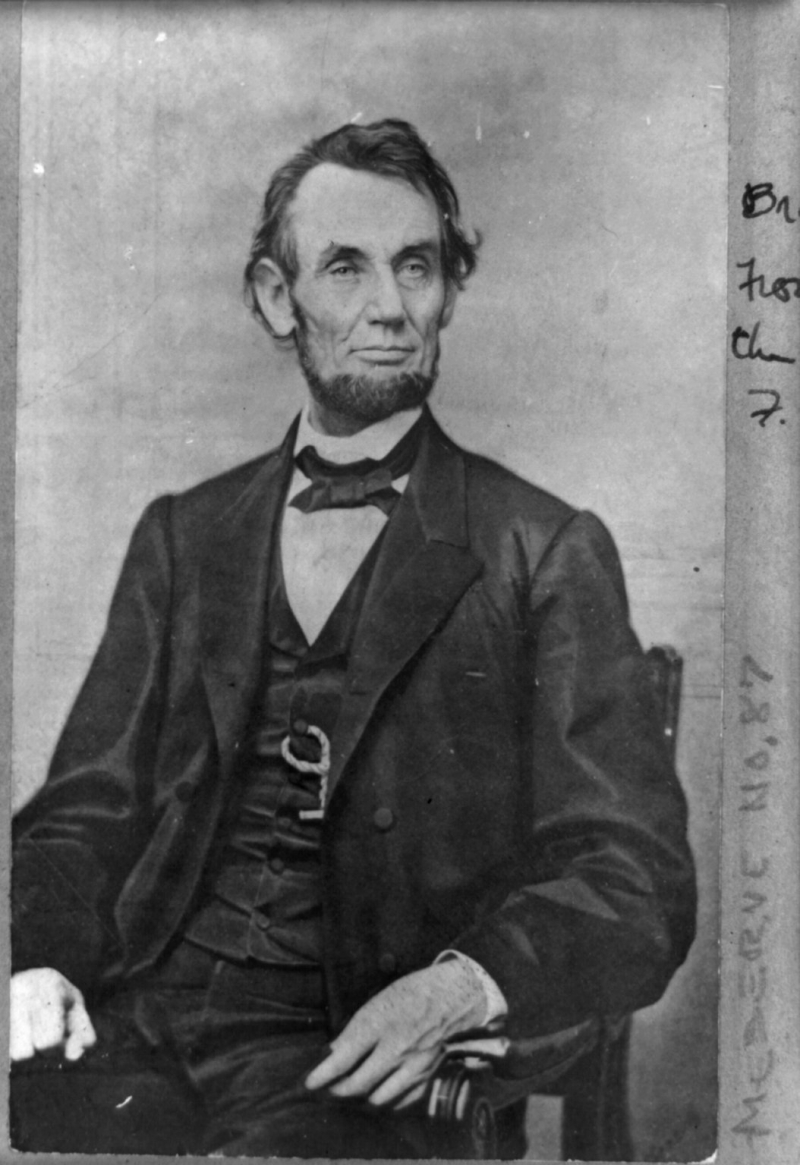
Source: physical-lincoln.com 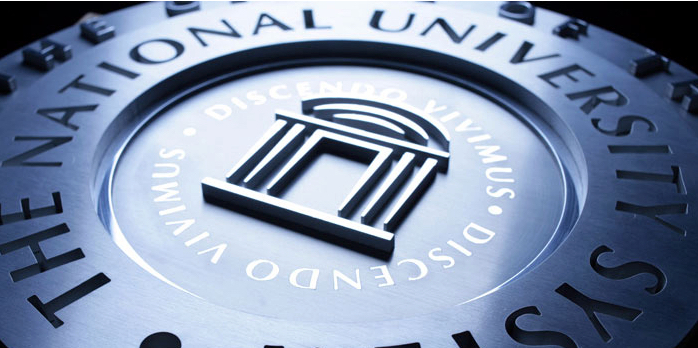
Source: nu.edu











